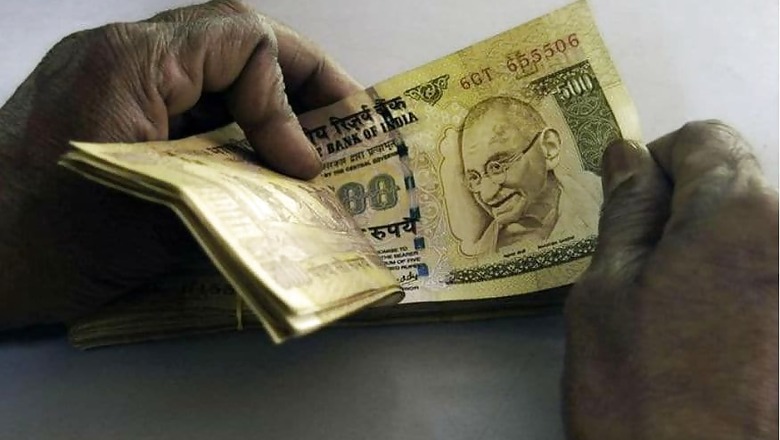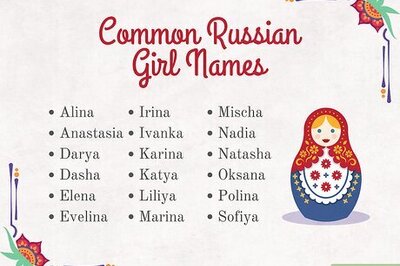
views
Srinagar: Jammu and Kashmir has witnessed its first death due to the after effects of the Centre’s demonetisation of Rs 500 and 1000 notes.
Eight-year-old Muneer died on November 18 after his father was forced to carry him on his back and walk for more than 30km in Samba district to get him to a hospital as he was unable to procure the new currency notes.
The state’s reaction to demonetisation has so far been cool.
Mohammad Haroon, a shepherd, walked all Friday night covering more than 30 km to take his sick son Muneer to a` hospital. But by the time he reached a hospital, Muneer had died.
The family said that Muneer died because they it had no new currency notes. “For days, he (Haroon) walked a long distance from his village Baboon to a bank in Khoon to exchange banned notes but he returned home empty-handed,” said Anwar Chowdhary, Haroon’s relative.
“The reason being that there was a heavy rush at the bank and possibly he was shooed away for being Gujjar (a nomadic community),” he added.
“Muneer possibly had pneumonia. The father and son started walking on 8 pm (on Friday). On way Muneer’s health deteriorated and Haroon lifted him on his shoulders. By around midnight they reached Khoon village (sic),” Chowdhary said.
“At Khoon, he found a cab but the driver refused to take old notes. He walked for another four hours carrying his son on his shoulders to reach a private hospital at Manser. But a doctor there declared him brought dead,” he added.
Muneer was buried on November 19 after government reportedly provided them with a vehicle to take his body to the graveyard. This is the first casualty attributed to demonetization in Jammu and Kashmir.
Samba district Magistrate Sheetal Nanda told CNN-News18 she too heard about the incident and has now ordered an inquiry.
"I have asked the SHO of the area to ascertain details about the unfortunate incident. At the same time, I have ordered an inquiry into the incident," she said. “Let us see what comes out of the investigations,” she added.
The tribal nomadic communities of Gujjar and Bakerwal, who rear their cattle in high pastures, have been hit hard by the demonetisation in the state. A majority of them don’t have bank accounts and they rely on cash transaction on barter.
Javaid Rahi, Chairperson of Tribal Research and Cultural Foundation, said that since only 18% of these nomadic community is literate, most of the Gujjars and Bakerwals don't have bank account.
''A majority of nomads who are coming downl now after spending months in mountains grazing cattle still aren't aware of the currency change,” he said.
''We have now creating awareness through Gojari programmes and asking community leaders to sensitise the tribals about the changes,'' Rahi told CNN-News18. He said many of the Gujjars and Bakerwals might still be unaware of the centre’s decision and might lose their hard-earned money due to it.


















Comments
0 comment